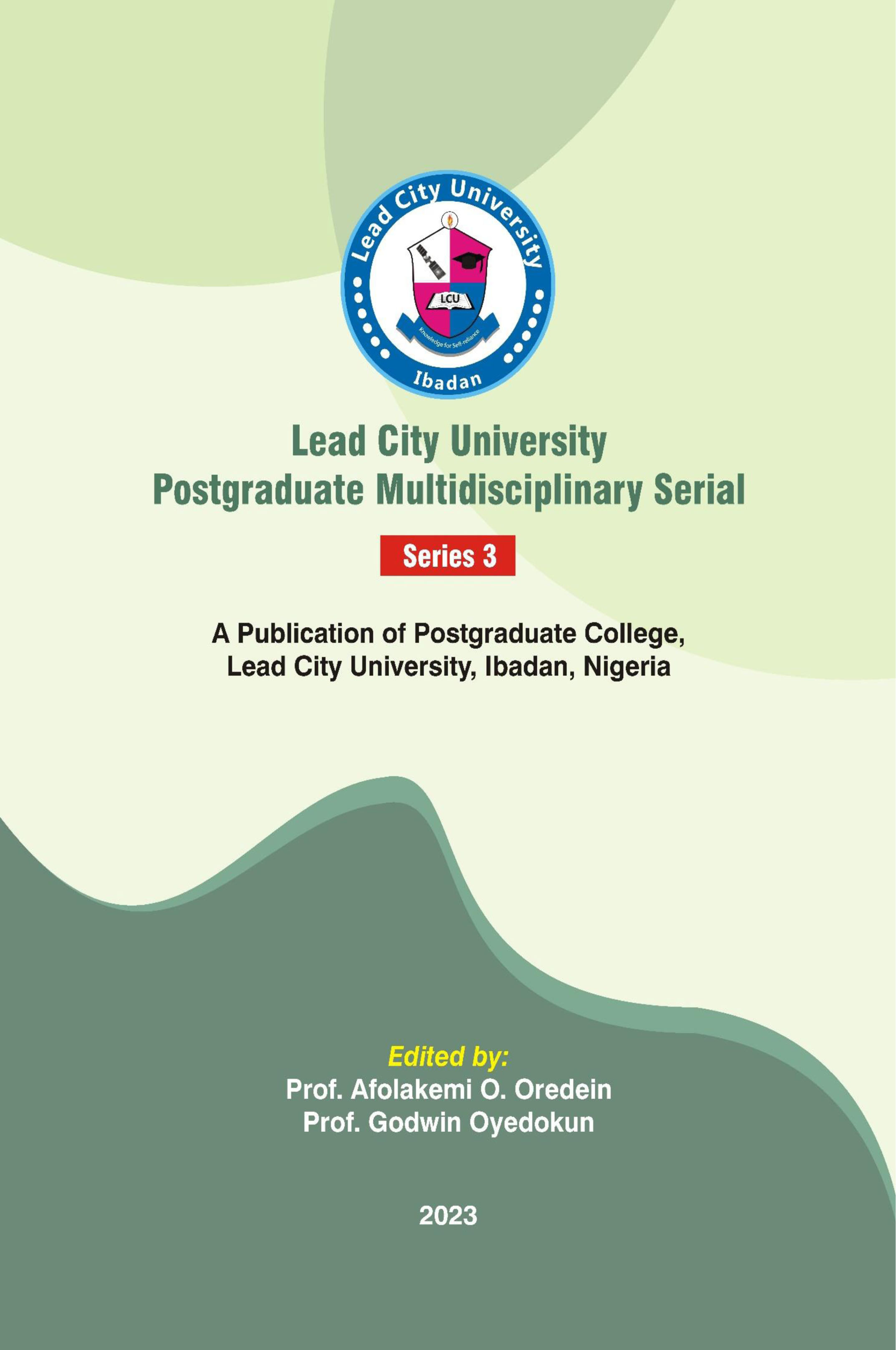Empowering the Future: Girl-child Education in Nigeria
Keywords:
Education, Girl-Child, Poverty reductionAbstract
This study is focused on empowering the future: girl-child education in Nigeria. Nigeria is
widely recognized as a fundamentally patriarchal society, a conclusion rooted in the historical
marginalization and subjugation experienced by Nigerian women and girls. Prior to the
enactment of Section 42 of the Nigerian constitution and subsequent judicial rulings, customary
laws and practices often prevented women from exercising certain rights, such as the right to
inherit or own property. Despite advancements in formal education and increased global
awareness, the rights of women and girls continue to be hotly contested in Nigeria, particularly
concerning the girl-child's right to receive a formal education. The issue of girl-child education
has garnered significant attention over the years, prompting national and international efforts
to address the situation. While progress has undeniably been made, Nigeria still faces numerous
challenges in achieving education for girls. These barriers encompass cultural practices,
poverty, gender-based violence, and more. Alarming statistics from 2017 revealed that out of
the global figure of 121 million out-of-school children, 65 million were girls, with over 80
percent of these girls residing in Sub-Saharan Africa. Within Nigeria itself, girls' access to basic
education, especially in northern states, remains critically low. Empowering girls through
education not only enhances their personal capabilities but also equips them to contribute
significantly to the social, economic, and political development of the country. This study
discusses some of the issues surrounding girls' education in Nigeria, the challenges hindering
progress, and explore the initiatives that have been developed thus far to promote and facilitate
girls' education. One crucial aspect to be explored is the nexus between girls' education and
poverty reduction, as education plays a pivotal role in breaking the cycle of poverty and
fostering inclusive development. By investing in girls' education, Nigeria can empower its
young women to overcome socio-economic limitations, paving the way for a more prosperous
and equitable society.

